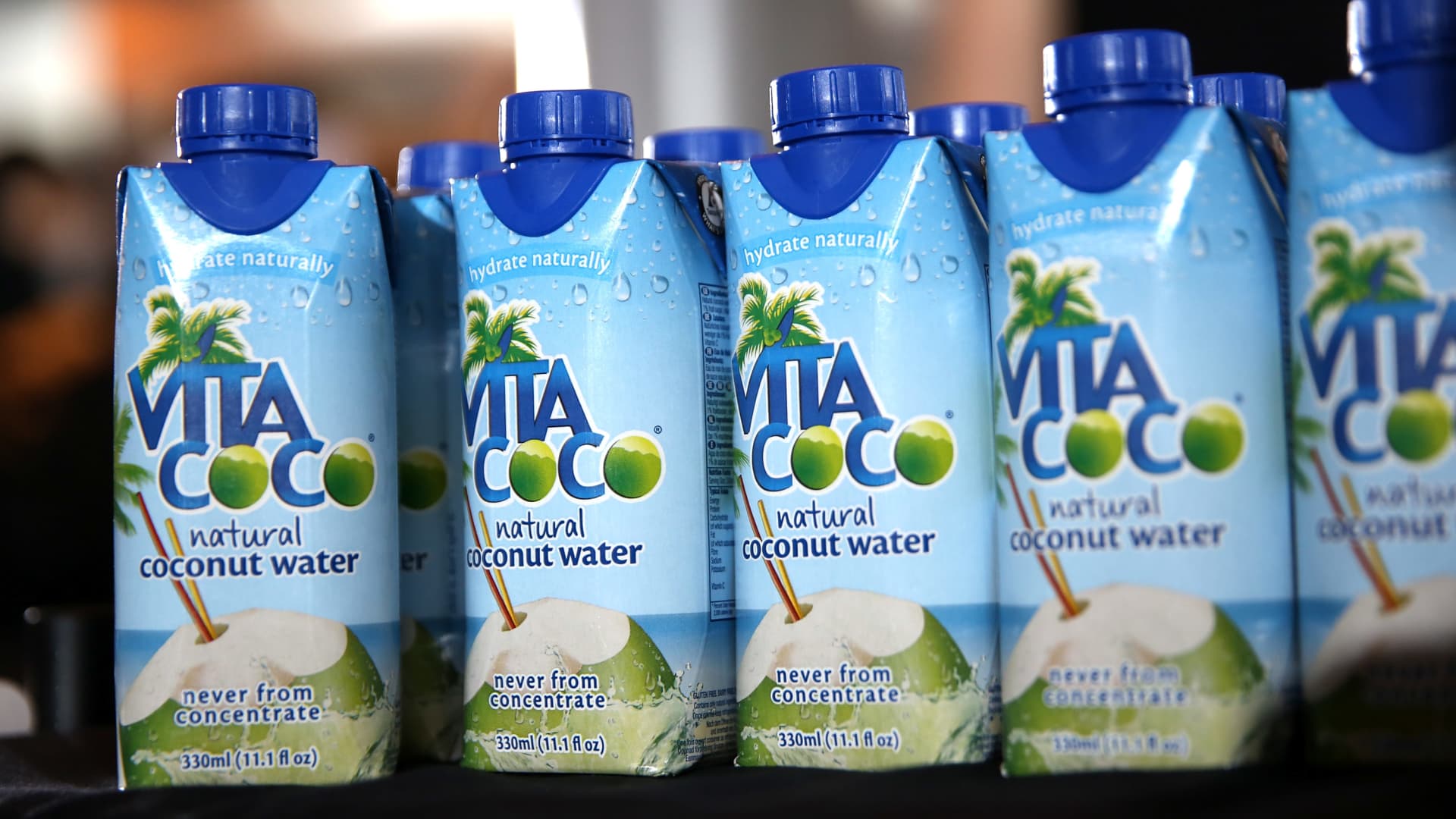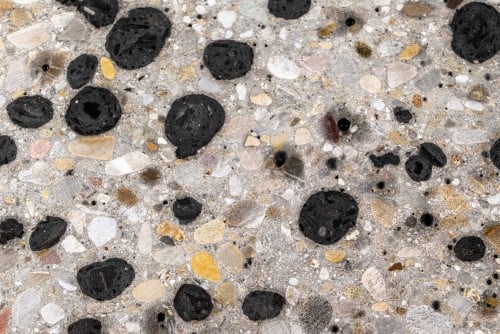Consuming a fat molecule produced by gut bacteria appears to offer protection against anaphylaxis caused by peanut allergy
Health
21 August 2022
Peanuts can cause severe allergic reactions JJ Gouin / Alamy
Consuming a fat molecule produced by gut bacteria may prevent mice with severe peanut allergies from experiencing a life-threatening immune reaction. The findings suggest the approach could prevent this anaphylaxis reaction in people with food allergies and it could even prevent people developing allergies in the first place.
Anaphylaxis commonly involves nausea, abdominal pain and impaired breathing or trouble swallowing. Over the past decade, researchers have found that a fat molecule called butyrate, which is produced by gut bacteria, can reduce these allergic reactions in mice. People with food allergies also seem to have less butyrate-producing bacteria than non-allergic people do, suggesting that boosting butyrate could help them.
However, butyrate can smell like dog faeces or rancid butter, making it unpleasant to swallow. What’s more, when taken orally, it breaks down before reaching the lower gut where its beneficial effects take place.
Now, Shijie Cao at the University of Chicago in Illinois and his colleagues have developed a way to mask the foul smell of butyrate and deliver the molecule to the lower gut, by packaging it within spherical capsules called micelles that are up to 30 nanometres wide. “We developed this drug delivery platform, polymeric micelles, to deliver butyrate to the gut to treat food allergies,” says Cao, who presented the work at a meeting of the American Chemical Society in Chicago on 21 August.
The researchers treated 80 mice with an antibiotic to reduce their levels of butyrate-producing gut bacteria, then gave them severe peanut allergies by giving them peanut protein along with an immune-stimulating toxin for 4 weeks. They then gave the micelles to half the mice twice a day for two weeks, with the other half receiving a saline solution as a control, before feeding all of the animals 1 milligram of peanut protein.
While the control mice developed anaphylaxis from the peanut protein, as measured by a drop in their core body temperature and increased immune activity, the mice that received the micelles didn’t. “It was a very exciting moment when we saw the results, that the butyrate prevented anaphylaxis,” says Cao.
By analysing the bacteria in the mouse faeces before and after treatment, the team then found that the butyrate-carrying micelles boosted the growth of butyrate-producing bacteria, suggesting that the treatment could alter the gut microbiome to produce more of its own butyrate.
“We’re aiming for creating a niche for those healthy bacteria to grow using this treatment, so that the micelles don’t need to be taken for a very long time,” says Cao.
The researchers also hope that the treatment can be used to prevent people developing many types of food allergies in the first place. “The approach should work on any food allergen,” says Cao. “We imagine the micelles could come in a packet, and you just add it to a glass of water.”
“Short-chain fatty acids [like butyrate] could absolutely prevent food allergy,” says Charles Mackay at Monash University in Melbourne, Australia. “This work may have a huge impact if the treatments work in humans. We need to do the trials and I am very optimistic. Existing treatments are crude and unconvincing.”
Sign up to our free Health Check newsletter that gives you the health, diet and fitness news you can trust, every Saturday
More on these topics:



























































